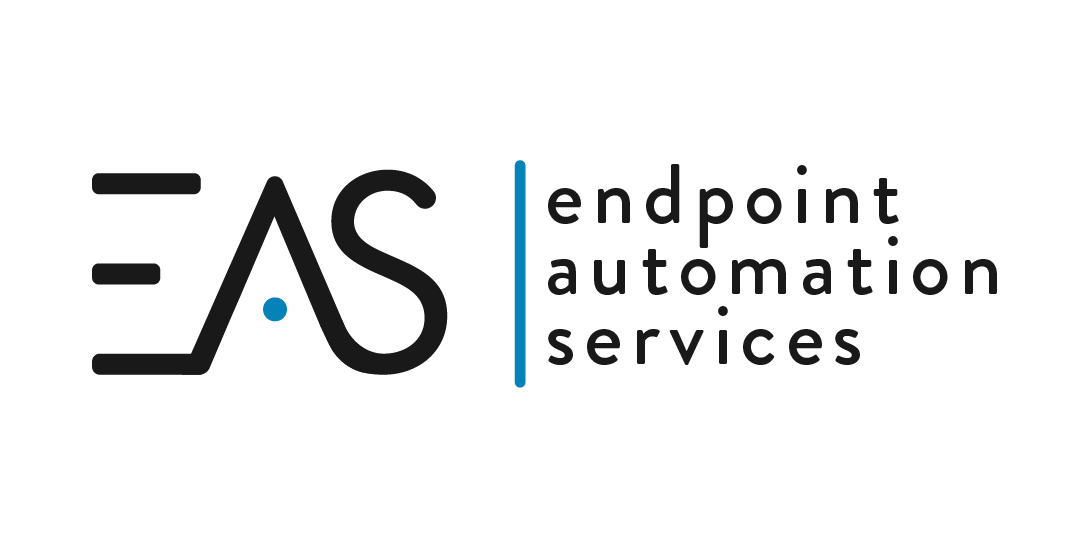

About
Introduction
EAS managed deliver team is a cohesive group of Automation professionals with diverse roles and expertise who work together to deliver Automation projects or within your organisation.
The Roles
The Director provides strategic guidance, oversees the team's activities, and ensures alignment with organisational goals. The BA gathers requirements, analyses business processes, and identifies automation opportunities. The SA designs the technical architecture and ensures the automation solution fits into the existing IT landscape. The PM manages the project, coordinates activities, and ensures timely delivery. The Developer builds and tests the automation solutions, and the Training specialist provides necessary training and support to users.


How we can help you scale
EAS managed delivery team can help an organisation scale up their Centre of Excellence (CoE) for Automation in several ways
Firstly
It ensures a streamlined and efficient approach to automation projects, maximizing the CoE's capabilities.
Secondly
The team brings together cross-functional expertise, allowing for comprehensive analysis, design, development, and implementation of automation solutions.
Thirdly
It facilitates effective collaboration and communication between different stakeholders, ensuring alignment and minimising risks.
Lastly
The team's collective knowledge and experience enable the CoE to handle a higher volume and complexity of automation initiatives, thereby scaling up the organisation's automation capabilities and driving overall business growth.
Clients' Testimonials
There was a certain level of relief that the introduction of the new system and robot would release the immunisation team from the time-consuming and mundane task of inputting the vast amount of patient data. “There were concerns about how their roles may change so it was important for them to understand how the technology’s introduction will relieve pressure and allow them to focus on other work for the team.” “For those continuing to work with the immunisation programme, we needed to identify where any skills gaps exist. With the RPA transfer via CSV files there would be increased need to understand aspects of Excel, so we put in place training during the implementation phases to make sure things ran smoother during the ‘go live’
We identified during the development of the bot that Ellucian updates had the potential to have an impact on how the bot interacts with the platform. By working with our IT Services team, EAS was able to adapt the way the bot shares data so that when the platform is updated the bot requires minimal changes with minimal disruption to workflow. “Having a dedicated EAS project manager has been a major benefit for the project. By working closely with us have come to understand our needs and the result is a bot which has made a significant impact to the admissions department.
EAS helped the University of Sheffield start our automation journey, quickly getting our RPA pilot into production. This has given us the confidence to adopt further processes across the department.
Our recent experiences meant considering seriously whether there could be a role for a robot in the business. If it could improve efficiencies, those cost savings could be passed on to our consortium members and that feeds straight back as more money for patient care. “As a not-for-profit business we are also a fairly lean organisation so RPA could help to maximise our resources and free staff from the repetitive time-consuming tasks while making their jobs more professionally and personally fulfilling. This could also give us the opportunity to improve and develop the business while enhancing the skills we have with the organisation.
EAS understood what we needed and quickly identified how we could benefit, at a time when the NHS were under enormous pressure. This has quite simply, got NEP into a position where we see RPA as an integral support tool for NEP and it's NHS colleagues.
EAS had the best understanding of our challenges and their previous experience of working with NHS organisations meant they could quickly get to grips with the project. Joining with them was a real turning point.

